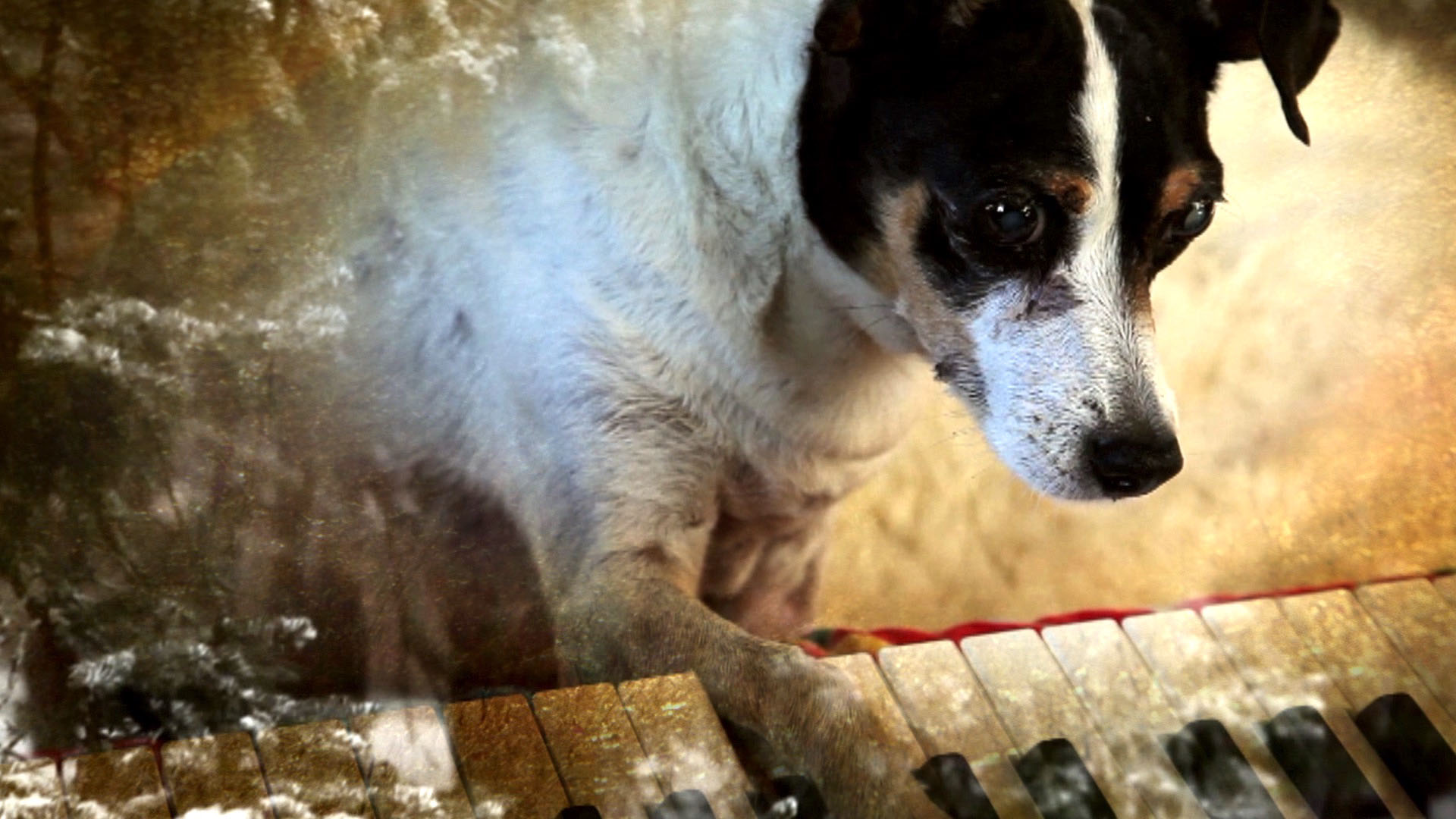I wake up on a Sunday and my friend is gone. Cancer. I had known, but it was sudden. Memories of her come in a rush, accompanied by old photos re-shared, emails lingering deep in the inbox, a handwritten note. Her absence — the knowledge that I'd never get any more of her stream-of-consciousness texts about sunsets on the Keio Line, or see that beaming smile when I dropped some new tracks on her — was suffocating, that moment where a life stops being something evolving and intoxicating and turns into the fixed fragments of memory.
That evening, sleep does not come, so I throw on a DVD of a film that just came in the mail: "Heart of a Dog." Suddenly, there is the calm, quizzical voice of Laurie Anderson, with that sing-songy tone, like your mom reading you a bedtime story, telling me how "death is so often about regret or guilt," but that actually "the purpose of death is the release of love." It is one of those all-too-rare moments when a film seems to reach out of the screen, grab you by the collar and shake you awake. "We should learn how to feel sad, without actually being sad," muses Anderson, adding, "which is really hard to do."
Laurie was talking to me, and to herself, and to everyone who would ever try to make some sense of the experience of loss.



















With your current subscription plan you can comment on stories. However, before writing your first comment, please create a display name in the Profile section of your subscriber account page.